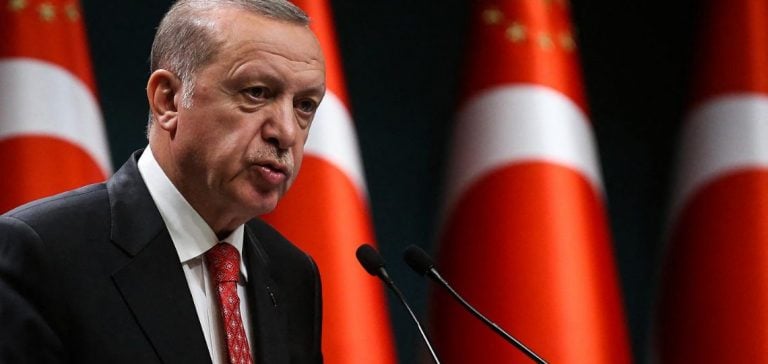Turkey has announced an ambitious plan to quadruple its wind and solar capacity, reaching 120,000 megawatts (MW) by 2035. This initiative is part of the country’s efforts to reduce dependence on fossil fuels and promote a carbon-neutral economy by 2053. To achieve this goal, a total investment of $108 billion will be mobilized from both public and private sources.
Strategic Objectives of the Energy Transition
Turkey’s strategic plan includes several key objectives. Firstly, it aims to reduce energy dependence on fossil fuels, which is essential to mitigate environmental impacts and stabilize the economy against fluctuations in oil and gas prices. Secondly, the country aims to support a transition to a carbon-neutral economy by 2053, aligning its energy policies with global climate change objectives. Finally, Turkey plans to accelerate the permitting process for new energy projects, reducing the timeframe from 4 to 2 years, in order to boost investments and accelerate the deployment of renewable infrastructures.
Financial and Infrastructure Details
Of the planned $108 billion in investments, $28 billion will be specifically allocated to improving electricity transmission infrastructures. These funds will be used to invest in transformers and high-voltage networks, essential for integrating increased renewable capacity into the national grid. Additionally, a new regulatory scheme will be implemented, offering a floor price and long-term electricity purchase guarantees for renewable energy projects. This mechanism aims to facilitate project financing, particularly for small producers, by ensuring financial stability and attracting more investors.
Current Energy Context in Turkey
Since 2005, Turkey has encouraged private investments in renewable energies, reaching approximately 30,000 MW of installed capacity from renewable sources. The country’s electricity consumption has tripled in 20 years, and this growth is expected to accelerate with the ongoing energy transformation. However, despite these advancements, challenges remain, including lengthy approval processes and insufficient funding.
Future Trends and Challenges
While Turkey has made significant progress in the renewable energy sector, it still faces several obstacles. Project approval processes remain lengthy, hindering some potential investments. Moreover, the country plans to hold a bid to allocate 2,000 MW of new capacities in 2025, with the aim of continuing to add 2,000 MW each year until 2035. In parallel, energy storage projects with a capacity of 7.5 gigawatts (GW) are under development to support the integration of intermittent renewable energies such as solar and wind.
Analysis of the Renewable Energy Market in Turkey
The Turkish renewable energy market presents significant opportunities for investors, particularly thanks to new regulations and government incentives. Projects benefiting from supports such as long-term purchase guarantees are particularly attractive. Local companies such as Zorlu Enerji, Enerjisa, and Borusan EnBW Energi play a crucial role in these developments, investing heavily in renewable infrastructures. Additionally, international investments, notably from the World Bank and the European Bank for Reconstruction and Development (EBRD), support these initiatives by financing various projects in Turkey.
Technologies and Innovations
The integration of energy storage technologies and smart grids is crucial to stabilize the Turkish electrical grid, which is accommodating a growing proportion of intermittent renewable energy. The Ministry of Energy is also exploring modular nuclear mini-plant projects to further diversify the national energy mix. These technological innovations are essential to ensure the reliability and efficiency of the energy system, while allowing rapid expansion of renewable capacities.
Investment Timeline and Key Deadlines
The first bids for allocating new renewable capacities will begin in the first quarter of 2025, prioritizing projects that already have permits. The full deployment of the 120,000 MW is expected by 2035, with progressive commissioning of new wind and solar installations. This ambitious timeline requires close coordination between public and private actors, as well as effective management of financial and technical resources to achieve the set objectives.





















